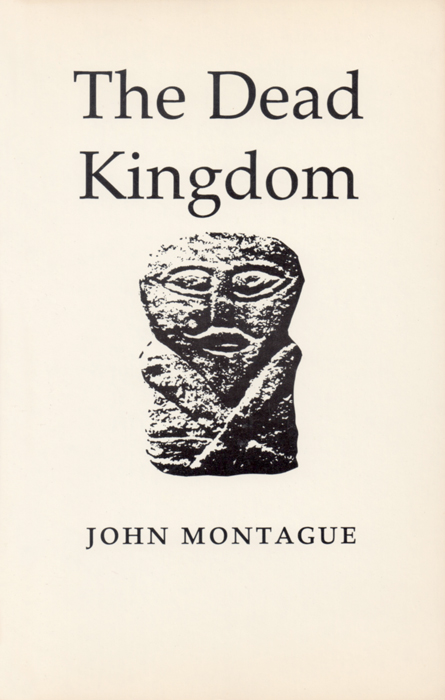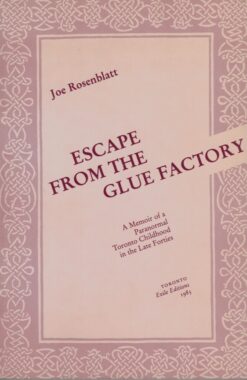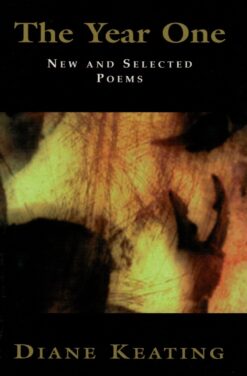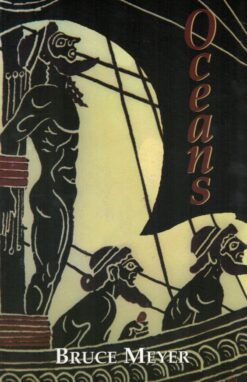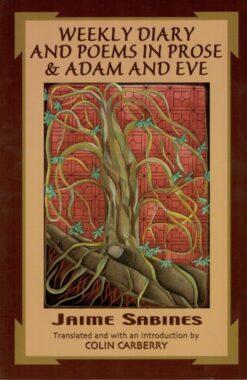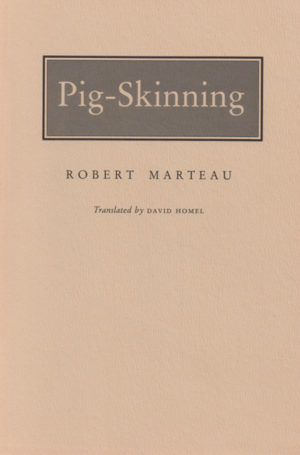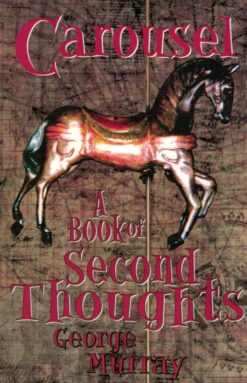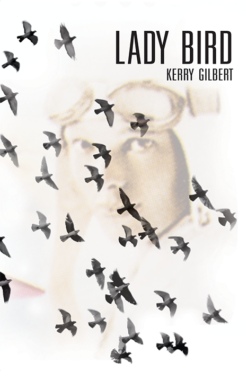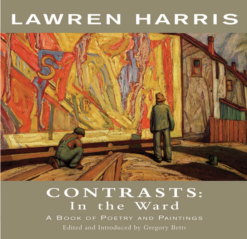The Dead Kingdom
$29.95
The oldest theme in Irish literature, the lore of place or Dinnseanchas, provides John Montague with the underlying structure of his hew sequence of poems, The Dead Kingdom. This ancient form is recreated in the linked narratives which mark Montague’s poetic journey across Ireland from Cork, where he now lives, to the locale of his early life in the Fermanagh-South Tyrone area near the border between ulster and the other provinces, the scene of his mother’s funeral.
Each of the five sections or movements which make up The Dead Kingdom has its own pace and theme. Early poems in the book recall Goldsmith in their leisurely evocation of the Irish midlands until, as we move towards the north the mood darkens and the desolation of the poet’s native Ulster is examined with a profound historical sympathy which recalls the mood of montague’s long sequence on Ulster’s history, The Rough Field (1972).
Poetry 1984 • 5.5 x 8.75 inches • PB 96 pages • 9780920428610
Poetry • 6 x 9 inches • PB 96 pages • 978-0-92042-861-0


